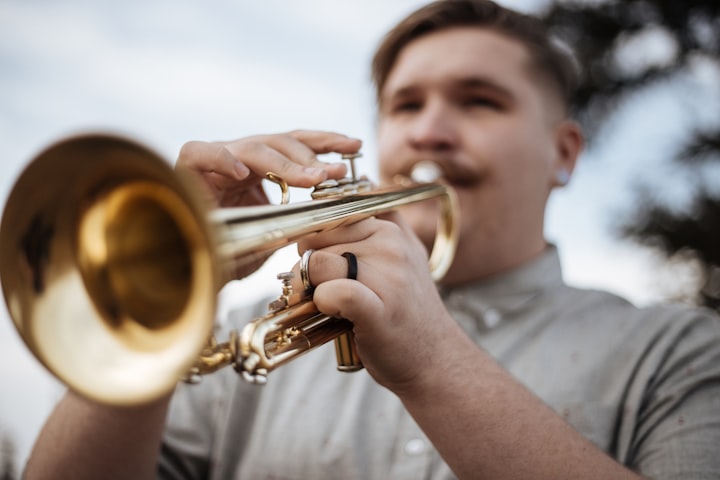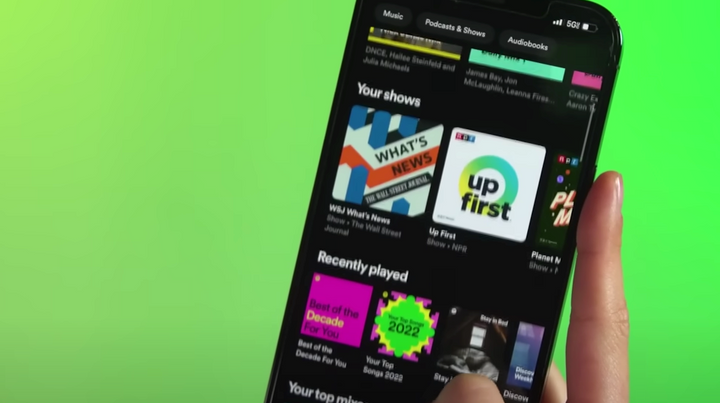Live Music in Restaurants and Bars
As COVID restrictions continue to effect the current live music scene, this a deeper look into how music can increase the bottom line for establishments currently reopening, and how they can have their guests returning for more.

Better for the Bottom Line
Research funded by PRS for Music, SOCAN’s U.K. equivalent, found that venues with live music experience an uplift in sales compared to their no-music counterparts.
As bars and restaurants are slowly reopening (again) across Canada, such as in major cities like Montreal and Toronto, we decided to take a deeper dive into how live music can increase the bottom line for these establishments, and have their guests returning for more.
Fast vs Slow - More Spent, or More Turnover
Research has shown that the majority of Canadians, 70%, state that hearing music while dining or drinking makes them want to stay for longer periods of time. Music greatly impacts the environment of a restaurant, it can create intimacy, excitement - an overall "vibe." Over two-thirds of bar and restaurant goers say that atmosphere is extremely important to them, and is a major decision for whether or not their return to an establishment.
According to scientific research, the right kind of music can make waiting in line less arduous. Specifically, slow music makes time go by faster, meanwhile, more up-tempo music can lengthen apparent wait times. The Association for Consumer Research also discovered that slow music, specifically, can unconsciously motivate diners to remain at their tables for longer periods of time, potentially increasing the overall bill by up to 50%.
In contrast, faster music makes has the opposite effect. This is relevant for smaller restaurants and bars who have very limited seating, as it will increase turnover and allow a higher total number of customers to dine.
Regardless, any music is better than no music. In Canada, studies have shown that 28% of people, mostly millennials, feel awkward in a dining establishment with no music, greatly reducing their likeliness to return.

Volume and Pitch Pair Well
Music can also be paired with certain types of food and drink. Research on music's effect on the taste of food has been studied for years. Generally, results have shown that hearing lower-pitch music while eating enhances the taste of savoury dishes; while high-pitch notes can highten sweet flavors.
Volume is also important: when music is too loud, it reduces our ability to taste – making food and drinks more bland. This isn't a given, however, as demographics should be considered. Age and gender influence people’s preference in regards to volume. For instance, one study demonstrated that younger generations are more likely to linger when music is louder while older generations will lengthen their stay if the music is more subtle. Additionally, a study by Oxford University concluded that loud music can influence bar and pub goers to actually drink more and faster. Therefore there are several things to consider when booking a live band.
So what does this mean?
Much like musicians, the pandemic has had detrimental effects on the restoration industry. That being said, the next time you pitch your live act to a restaurant or bar and they appear to not have the budget for you (which may be totally understandable), you can let them know that the monetary benefit of hosting you will greatly outweigh the cost.



